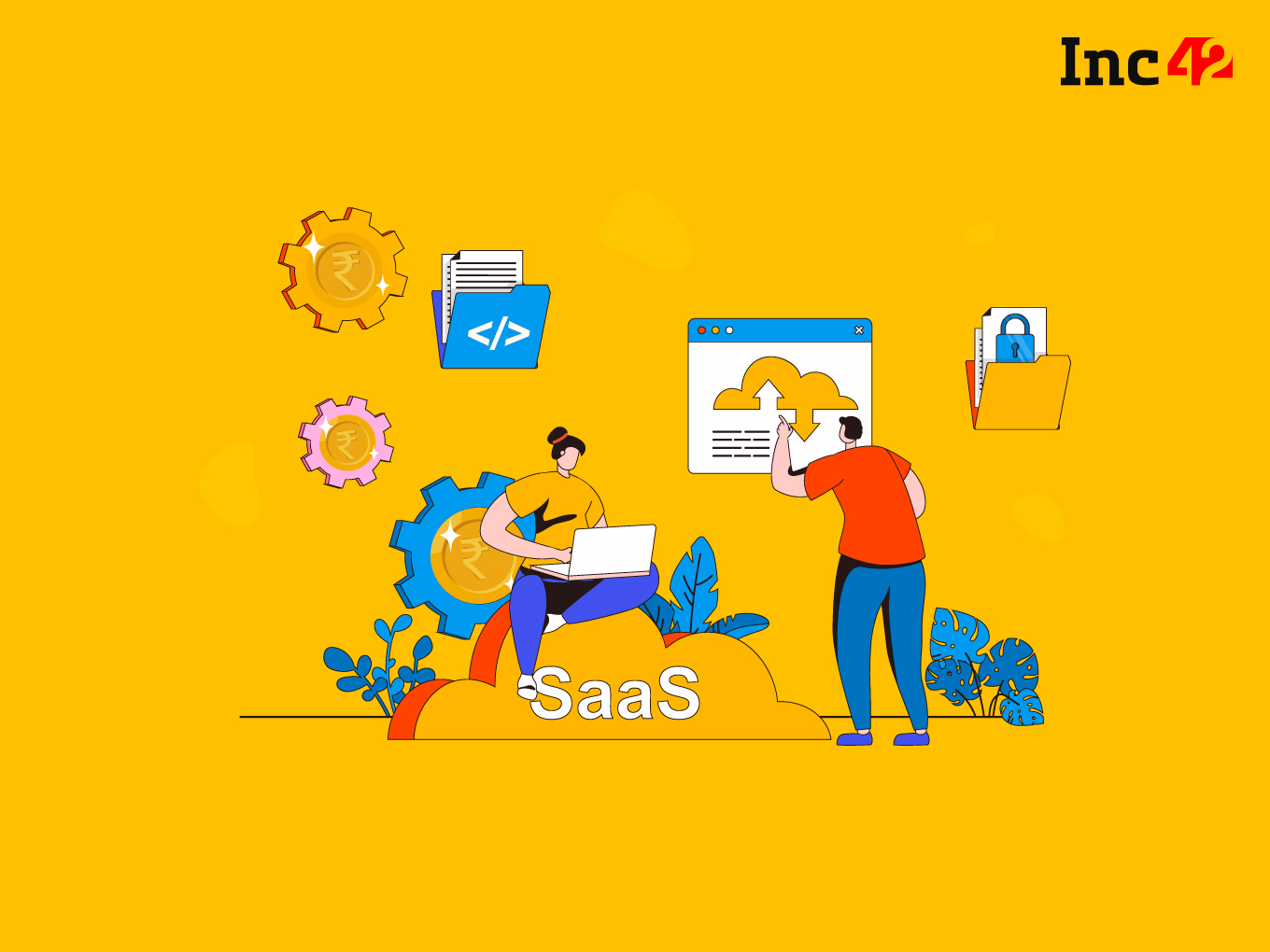What Is Enterprise SaaS Sales?
In the SaaS world, enterprise sales is a strategic manoeuvre tailored for big-ticket clients. Unlike typical sales, this approach zeroes in on behemoth corporations or enterprises marked by intricate needs, numerous decision-makers, heightened risks and extended sales timelines. While seeking premier solutions, these giants are ready to pay top dollar.
The convoluted nature of their requirements often turns software integration into a labyrinth. Recognising this challenge, the enterprise sales model also ropes in seamless integration, product training and dedicated customer support. However, securing such clients is bound to be costly. It is a high-stakes game, often requiring multiple sales cycles stretching up to nine months or more.
So, before diving in, SaaS companies gauge the waters. They target enterprises only when they are armed with the right product arsenal, a competent sales brigade, unwavering support and stable revenue streams. While this approach demands significant resources and patience, it promises lucrative dividends if executed correctly.
Five Key Criteria To Generate Top Dollar From Enterprise Sales In SaaS
Before pursuing enterprise deals, SaaS companies should first consider if they meet the following five criteria:
Check if products/services resonate with requirements: Enterprises may pay premium fees, but building a product from scratch may not always be viable as it requires time, money and resources. However, companies should be prepared for the rapid growth of commercial teams, including back-office support, enablement, timely reporting and compliance.
Target the right customer: Identify potential leads and market your products through various channels. This is followed by direct calls to prospects, win-win negotiations when a prospect is ready to buy and a successful deal closure. It also means setting up an entire RevOps team, including talented salespeople, accountants, engineers, customer success executives and legal advisors, in case something does not go right.
Put together an adept sales team: The time, investment and effort from the sales team is key to making long-lasting deals with enterprise clients. Salespeople also enhance loyalty-building through discounts and offers during upselling and cross-selling. A better-than-average sales team with problem-solving skills will always get the best results.
Robust support extends deal life and flow: This is the value-addition PLG/self-serve customers look for, and enterprise-level customers expect to navigate the new products integrated with their systems.
Revenue must be consistent with investment: Selling globally and to big businesses requires huge investments. Hence, pricing models should be differentiated accordingly to maximise profits.
The Pros & Cons Of SaaS Enterprise Sales
The Benefits
Selling to enterprises is lucrative as it will generate a steady revenue stream and help build credibility. More importantly, SaaS providers can develop long-term business relationships with valuable clients to maintain the deal flow. It also means a loyal pool of enterprise customers who would not want to change solutions and services too frequently because the existing ones are well-integrated with their systems.
Typically, a SaaS company incurs up to $30K in acquisition costs for an enterprise customer, and each one can bring around $100K in revenue, according to Dhruvil Sanghvi, founder and CEO of the logistics SaaS startup LogiNext. Although it takes longer to convert them, it is worth it as they bring in more revenue compared to smaller clients.
And The Slip-Ups
This is a high-stake and high-expense zone due to lengthy sales cycles and the intricacies involved. For starters, closing a deal may take months or even a year or so, demanding patience and persistence. All relevant teams – from sales to development to training and customer support – must be on the project for a thorough understanding of its complex requirements and correct decision-making at every stage.
Additionally, all communication must be tailored to interact with a diverse customer team with varied expertise.
In brief, bagging each enterprise-level contract is capital-intensive and could be out of bounds for small/mid-tier SaaS companies depending on PLG/self-serve sales models or a small sales team.
Sangvi says most SaaS companies switch from their existing models to the enterprise sales model only after they have tested their products and are viable enough to grow.
Another key issue is to develop the right connections required for enterprise sales. Until one has a handful of big contracts, successful lead generation may not happen. But to achieve that, the SaaS company must prove it has the technical and operational bandwidth to handle crises and unanticipated issues.
How To Drive Enterprise SaaS Sales
Compared to other SaaS sales models, enterprise sales may take up to 9-12 months or even more than a year due to intricate processes and the involvement of multiple decision-makers, leading to many challenges for SaaS companies, says Sanghvi. But in spite of challenges, SaaS companies can adopt the following strategies to drive enterprise sales:
- Talk to more stakeholders across an enterprise to build better business relationships and thoroughly understand its requirements.
- Bring the right people, such as engineers and customer support executives, to meetings and product demos to address all technical, operational and training queries.
- Customise content and conversations to service the unique needs of your enterprise clients.
- Accelerate the process by quickly addressing all possible sales bottlenecks.
- Involve CEOs, CTOs and other top executives for speedy deal closure.



